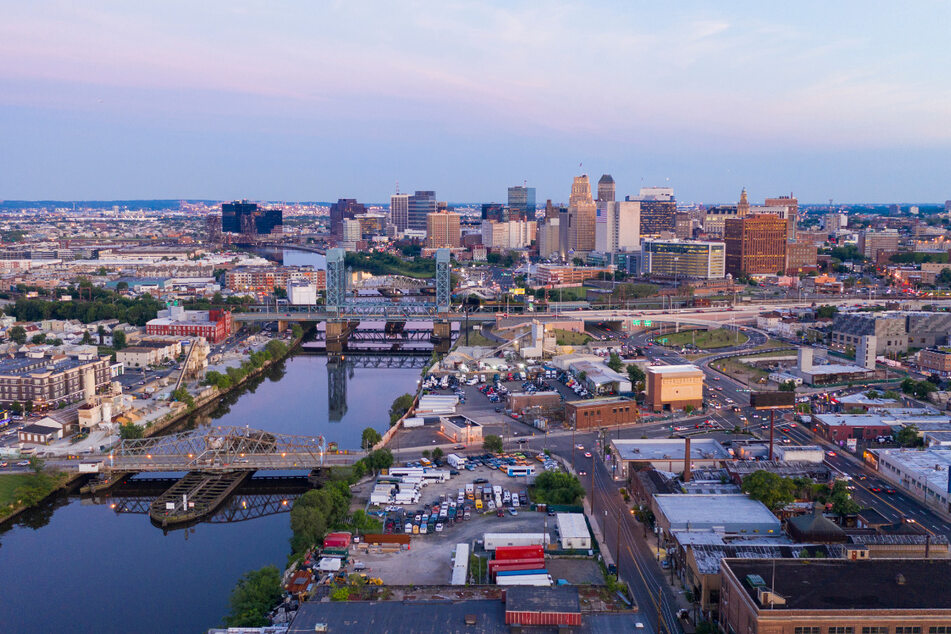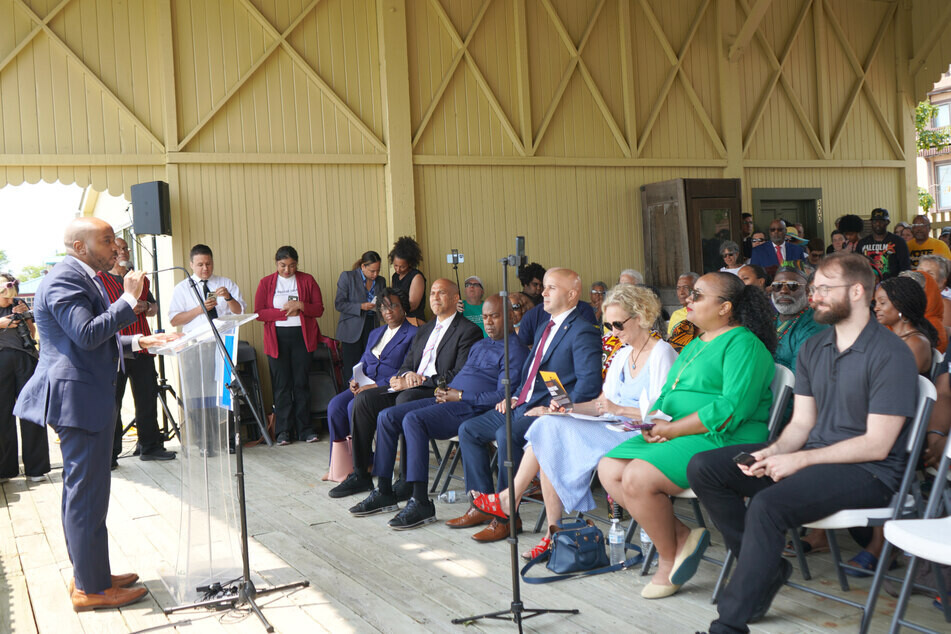Case for reparations in New Jersey boosted by new data on racial disparities
Newark, New Jersey - A new report released Thursday presents a county-by-county analysis of racial inequities in New Jersey, bolstering the case for reparations in the Garden State.

In its Two New Jerseys: One State of Inequity report, the New Jersey Institute for Social Justice (NJISJ) provides fresh data on racial disparities in homeownership, income, poverty, health insurance, and internet access.
White homeownership – historically one of the primary means of building intergenerational wealth – exceeds 70% in 19 of New Jersey’s 21 counties, while Black homeownership rates in 14 counties remain under 50%, NJISJ found.
This contrast is especially stark in Essex County, where 68.4% of white families own their homes compared to just 28.2% of Black families – even though there are 20,000 more Black households than white households living there.
Lower incomes also impact Black New Jerseyans' ability to generate wealth. The median income for white New Jersey households is $109,100. For Black households, it's just $65,400. The income gap in Essex County is even greater at over $70,000.
Unsurprisingly, Black New Jerseyans experience poverty at higher rates, with 16.1% living below the poverty level as compared to 6.2% of white residents. In Cumberland County, one in four Black residents live in poverty, while in Atlantic, Camden, Essex, Hudson, Mercer, and Passaic counties, around one in five Black residents live in poverty.
On top of that, 8.3% of Black residents lack health insurance as compared to 3.5% of white residents.
At least one in 20 Black households in nearly 40% of New Jersey counties do not have a computer, while 7.4% of Black households in Essex County lack an internet subscription.
These disparities undergird the state's staggering $300,000 racial wealth gap, which is significantly higher than the national figure.
The fight for reparations in New Jersey

The new report shows that despite its progressive reputation, New Jersey still has a long way to go to address racial discrimination and deprivation.
"We've known for a while that New Jersey, while one of the most prosperous and diverse states in the country, has some of the largest economic racial disparities," Harbani Ahuja, senior counsel in NJISJ's Economic Justice Program, said in a press release.
"Our new data shows us that these vast racial inequities show up consistently on the county level, as well."
New Jersey's striking racial inequities are by design. From chattel slavery, through Jim Crow apartheid, to the present day, anti-Black laws and policies have siphoned resources away from Black communities in order to enrich white communities – with reparative action required to reverse the harms.
NJISJ is tackling this legacy of white supremacy through its groundbreaking New Jersey Reparations Council (NJRC). With a panel of experts and robust community outreach, the body aims to craft a blueprint that will put the state on a path toward true freedom and equality for all.
To date, the NJRC has held four of nine planned virtual public sessions:
The council's fifth session will take place on April 17 at 6:30 PM ET, led by the Public Safety and Justice Committee. Garden State residents are invited to make their voices heard by submitting public comments at any time on the council's website or live during the meetings.
The NJRC is scheduled to issue its final report and policy recommendations on Juneteenth 2025. An interim report is set for release on Juneteenth of this year.
Cover photo: IMAGO / Pond5 Images

